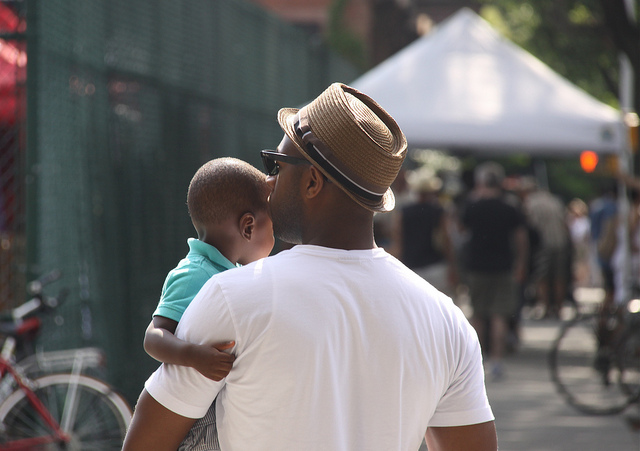Our parents almost universally want more challenging schools, at the same time they rightly believe that education is unequal according to a recent study. I say, rightly, because there is compelling evidence of a broad and wide belief gap about the capacity of kids of color, and in reality, our kids often do get the short end of the stick.
Remember the settlement over “fake classes” last year in Oakland,
The suit cited cases in which youths had been assigned to “sham” courses that had them perform tasks in the school office or pick up trash.
Schools cited in the lawsuit had students retake courses they had already passed or sent them home early because there was no room in classes, attorneys said. Some schools employed rotating substitute teachers rather than fill full-time vacancies, the suit said…
“Their futures were treated as less worthy than their counterparts in more affluent communities,” said Mark Rosenbaum, director of Public Counsel. “Imagine as a parent if you asked your child what did you do in school today and you were told, ‘Well, I took out the school trash and cleaned erasers,’ day after day, week after week.”
One plaintiff, Erik Flood, said he spent a lot of time not learning during his four years at Fremont High in Oakland. He was assigned to three service classes at one point, filing paperwork in the school office or doing nothing, while taking credit-recovery classes online after school.
And this has a huge cost. If the student doesn’t graduate there is an immense cost in lost productivity to them and society, and even if they do graduate and go to college they need to take (and pay for) remedial classes. So they could take those classes, pay for them, receive no real college credit and leave school with debt. In fact this happens all the time, and the overall costs of these remedial courses have been estimated at 1.5 billion with a “b” dollars.
This cost is not evenly distributed at all—believe me that kids in Piedmont would never have a class that consisted of picking up trash. These practices took place at Castlemont and Fremont. And while it is egregious to have students perform busywork, the effects are no less when a student has a class with permanent substitutes (as described at last week’s board meeting).
This is the way that “the system” works. Regardless of the good nature of the person on top, there are old patterns that reinforce privileges and inequality. Oakland is getting better, but its high quality schools are the most income segregated in the country-don’t believe me—here’s the report.
Look through it- there are no districts where things are fair. This is not “districts” per se—its society, but if you are a kid picking up trash instead of taking chemistry- it’s the District or the school doing that to you.
I have a series of longer stories of frustration in working with districts, even smart well meaning people tend to be chewn up, and things that should happen don’t, especially for underserved families.
Charter Options
That’s why many Black and Brown families choose charters. That’s why I did. The existing system is rigged, and I question whether we will ever dismantle the master’s house with the master’s tools. Despite all the challenges, strange alliances and bedfellows, we know the system. And while charters are not perfect and often very imperfect, many of us hope that charter autonomy will give local communities the power to really control their schools and design them for their children.
This promise is a work in progress, and so far largely unfulfilled. But for myself, given the choice between the devil and the deep blue sea, I know what the devil has in store for me, while if I can swim strongly enough, maybe I have a chance in the water.
Please follow me on twitter , facebook, or join the blog to the upper right on this page


2 thoughts on “What Black and Brown Parents Want, What they Get, and Why Charters”